Innovation in training model closely linking theory and practice
Sharing about the significance and impact of Resolution No. 71-NQ/TW of the Politburo on breakthroughs in education and training development, including vocational training, Dr. Tran Van Anh - Principal of Dai Viet Da Nang College said: This is a favorable time for vocational training institutions to change their models, apply digital technology, expand cooperation with businesses, thereby improving the quality of human resources, meeting the requirements of socio-economic development in the new period.
According to Dr. Tran Van Anh, Resolution 71 of the Politburo affirms the viewpoint of "learning goes hand in hand with practice, theory is closely linked to practice, school is closely linked to society", this is a completely correct policy, close to reality, has timely oriented training work, especially vocational training.
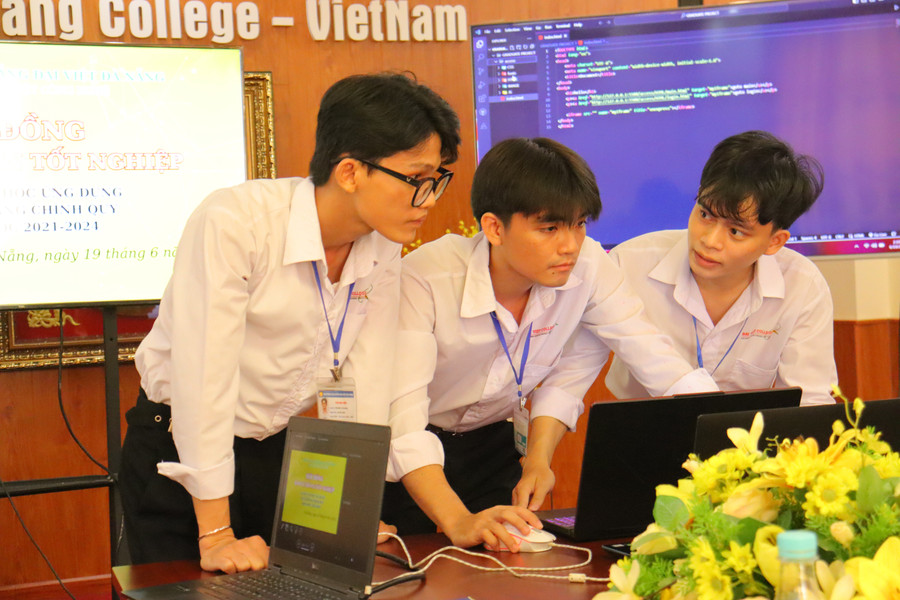
Dr. Tran Van Anh also cited that in the past, Dai Viet Da Nang College has implemented the following training model: School - Enterprise; lecture hall - workshop; lecture hall - hotel, enterprise, auto garage, factory. The ratio of 30% theory at school - 70% practice at workshops, companies, hotels, factories is applied. The school invites business directors and factory engineers to participate in teaching as co-lecturers; at the same time, it signs cooperation agreements with businesses to form a job bank, a place for internships and practice. In particular, the school signs a contract committing to employment with students, as a guarantee of output for learners.
“It can be said that vocational education is moving slower than the current socio-economic development requirements. Resolution 71 of the Politburo has pointed out this bottleneck, creating a breakthrough mechanism to develop high-quality human resources right from vocational schools. The most important orientation and solution for schools is to change the training model to closely combine theory and practice; theory and practice; apply modern training models and methods, digital technology in teaching. We organize for students to complete topics and credits through projects, build models close to reality; cooperate with businesses in technology transfer and training equipment,” said Dr. Van Anh.

In addition, the school also implements a business semester, sending students to work officially in businesses to learn about the real environment and practice on modern machinery lines. In parallel, there is training and coaching for staff and lecturers on knowledge, skills, and digital technology; inviting excellent guest lecturers from businesses to update new knowledge and skills for students.
Enterprises are an important element in vocational training.
Dr. Tran Van Anh emphasized: “The school identifies businesses as an important element in the training model, businesses are the best workshops and practice rooms for students”. The school has signed cooperation agreements with nearly 200 businesses in many forms (businesses accept students for internships, work from the first year until after graduation. At the same time, they send experienced staff to teach and share with students).
In addition, every year, the school organizes for students to visit, practice for 2-3 months or register for an apprenticeship at a business during the study period, with financial support. Inviting business personnel to directly teach and talk to students has created a positive effect, helping learners to be excited and acquire new knowledge and skills. This is a model that is being effectively implemented by many colleges.
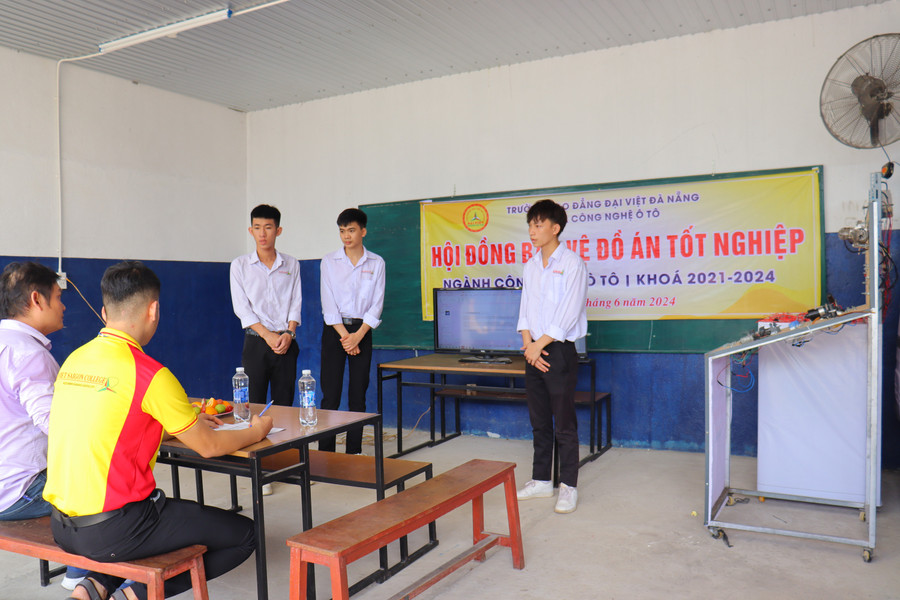
In its development strategy, Dai Viet Da Nang College aims to become a high-quality vocational training institution in Da Nang City and the Central region by 2030. The school focuses on opening new technical and technological training majors; innovating training models; maximizing the application of digital technology and artificial intelligence (AI) in management and teaching. In addition, it promotes in-depth cooperation so that businesses can participate more deeply in the training process and use training products.
Dr. Tran Van Anh affirmed: “The biggest motivation and advantage that Resolution 71 creates is to correctly identify the role and position of vocational training, changing the awareness of society, managers and vocational schools themselves about the assigned mission. Learners and society will no longer consider vocational schools as the 5th, 6th, 7th or final choice. This will help improve input quality, creating competition in vocational recruitment. Enterprises will provide maximum support, considering this a responsibility in the career of training human resources for the country”.
Source: https://giaoducthoidai.vn/nghi-quyet-71nqtw-la-buoc-dot-pha-trong-phat-trien-giao-duc-nghe-nghiep-post747173.html




![[Photo] 80th Anniversary of the General Staff of the Vietnam People's Army](https://vphoto.vietnam.vn/thumb/1200x675/vietnam/resource/IMAGE/2025/9/6/49153e2a2ffc43b7b5b5396399b0c471)
![[Photo] Rescuing people in flooded areas at the foot of Prenn Pass overnight](https://vphoto.vietnam.vn/thumb/1200x675/vietnam/resource/IMAGE/2025/9/6/19095b01eb844de98c406cc135b2f96c)

![[Photo] Many people directly experience beloved Uncle Ho and the General Secretaries](https://vphoto.vietnam.vn/thumb/1200x675/vietnam/resource/IMAGE/2025/9/6/2f4d9a1c1ef14be3933dbef3cd5403f6)
![[Photo] General Secretary To Lam attends the 80th Anniversary of the General Staff of the Vietnam People's Army](https://vphoto.vietnam.vn/thumb/1200x675/vietnam/resource/IMAGE/2025/9/6/126697ab3e904fd68a2a510323659767)



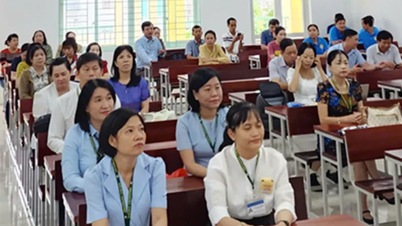

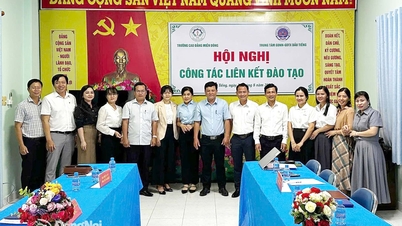

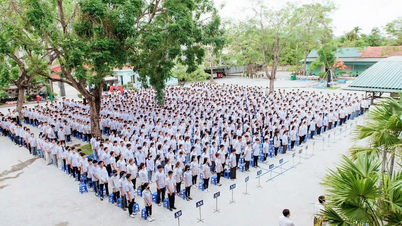
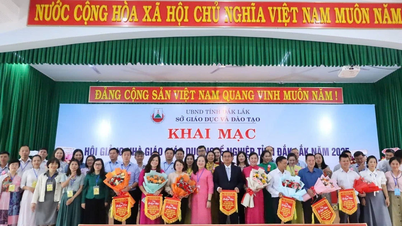
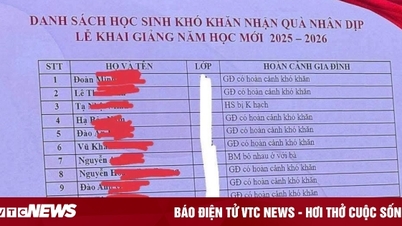



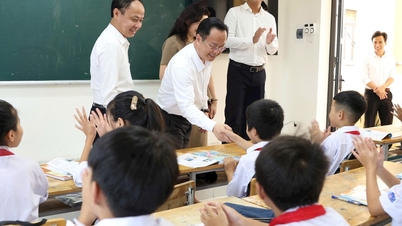

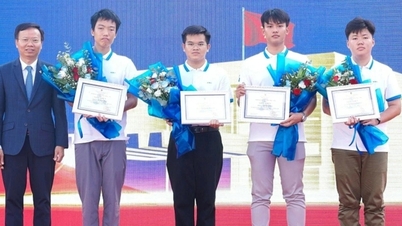

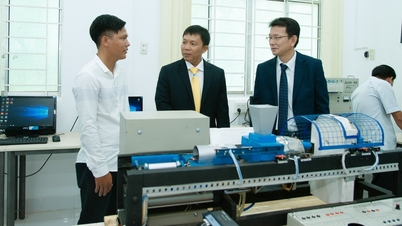






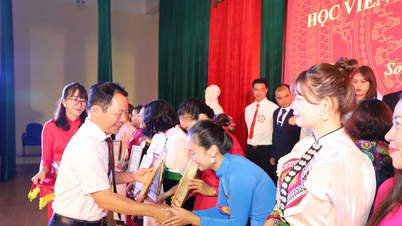

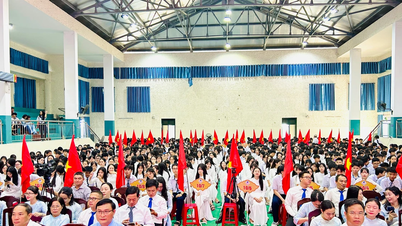
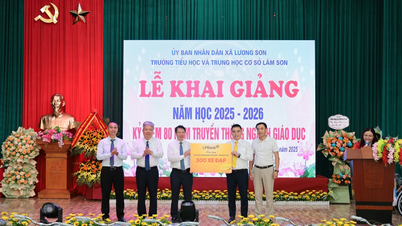
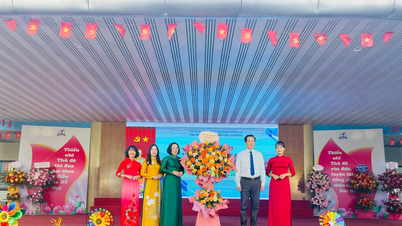







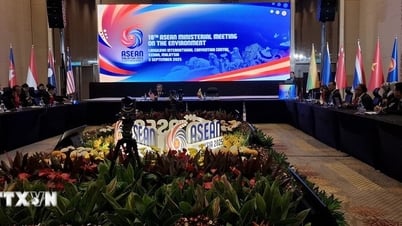










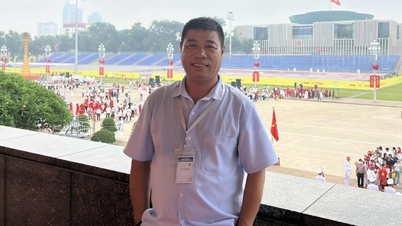





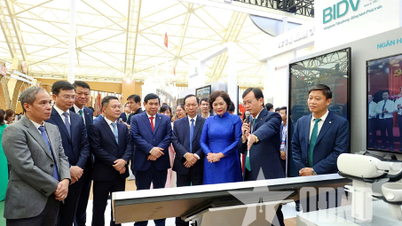





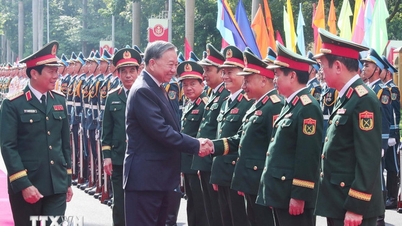











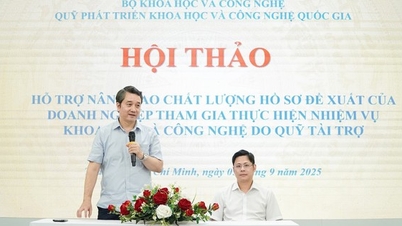






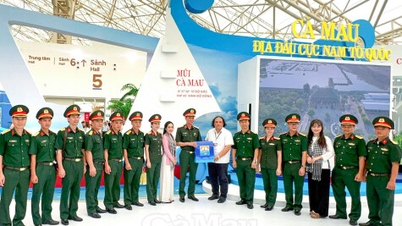





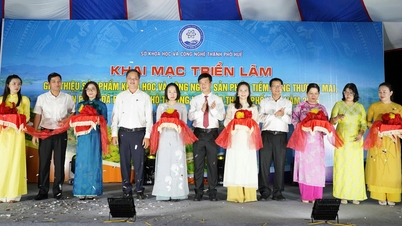




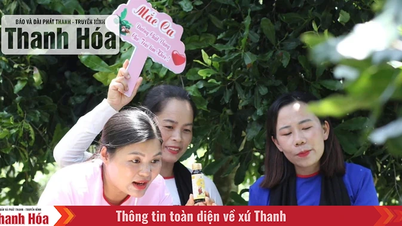
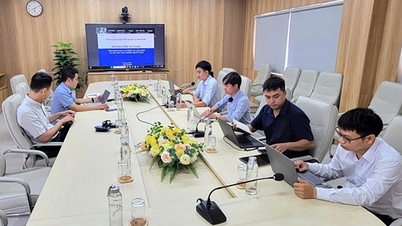






Comment (0)